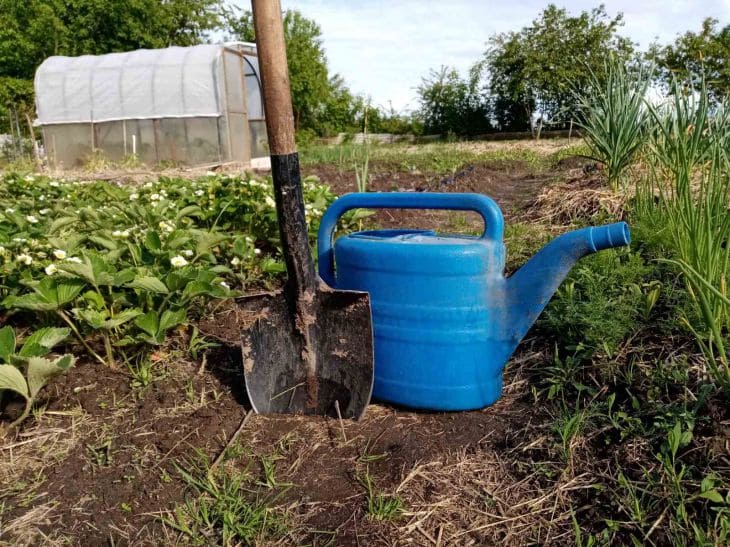Basil is a native of tropical areas, so growing it in colder climates requires special conditions.
Because of this, many gardeners, especially beginners, consider this spice to be very capricious. But in reality, this is not so. You just need to know some subtleties to get an excellent harvest.
What You Need to Know About Basil
1. This is a heat-loving plant, so it grows poorly at low temperatures, and dies at -1 degree frost. Even zero temperature can be fatal for a young, fragile plant, so you can plant seedlings in open ground or sow seeds only after the threat of recurrent frosts has passed.
2. Basil is sown for seedlings 40–50 days before planting in the ground. The optimal age of seedlings for transplanting is 35–45 days.
3. The seeds have excellent germination, so they do not require any manipulation (soaking, treatment with warm and cold water). Shoots appear in 4-7 days. Temperature is much more important. At 17-19 degrees, the emergence of shoots may be delayed by 7-9 days, but at 25, the first sprouts will appear on the 5th day.

4. Basil needs a lot of sun, both during the seedling period and in open ground. It cannot be planted in the shade. Its leaves should be illuminated by the sun for at least 6 hours a day, ideally 8-10.
5. A common mistake of beginners is incorrect seed placement when sowing. Some advise not to cover them with soil, others advise to cover them with soil. In the first case, it is important to ensure that the top layer of soil does not dry out, otherwise the seeds will dry out and will not sprout. If you decide to cover the seeds, remember that the soil height on top should be minimal. The gardener's golden rule is: the depth of seed placement should not exceed three sizes of the seed itself. And basil seeds are very small.
6. Plants tolerate transplanting well if you work with them carefully, causing minimal damage to the root system. Basil grows roots well, so it stops growing for a short time after transplanting. The main thing is not to allow the soil to dry out in the first few days so that the roots can develop quickly.
7. Basil seedlings often die from unsuitable substrate. For sowing, you need to use a mixture of peat, baking powder and biohumus. For 1 liter of deoxidized peat, take 200 ml of baking powder (perlite, vermiculite) and 100 ml of biohumus (rotted compost). If you just take soil from the garden, it should be loose, well-permeable to air and moisture.
The spice can be sown directly into open ground if you do not plan to obtain seeds. Sowing can be done at the end of May under film or in the first half of July in open ground. For basil to develop well, daytime temperatures of at least 17 degrees (ideally 20–25) are needed. Nighttime temperatures should not fall below 15 degrees.








